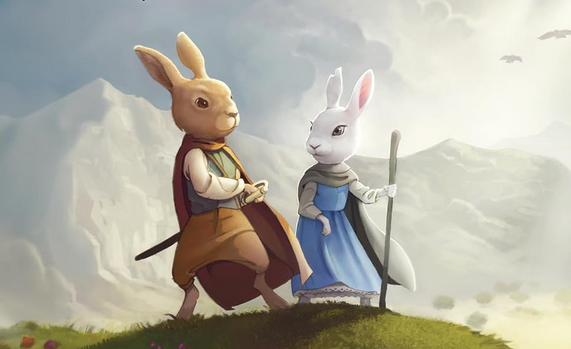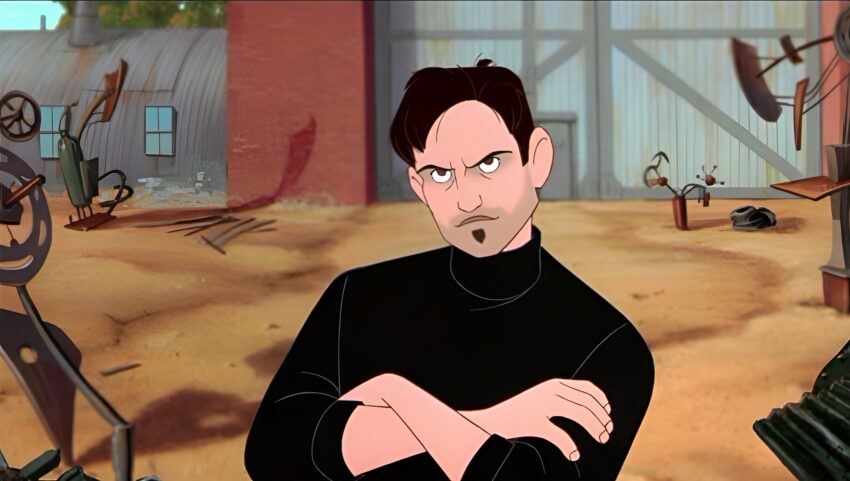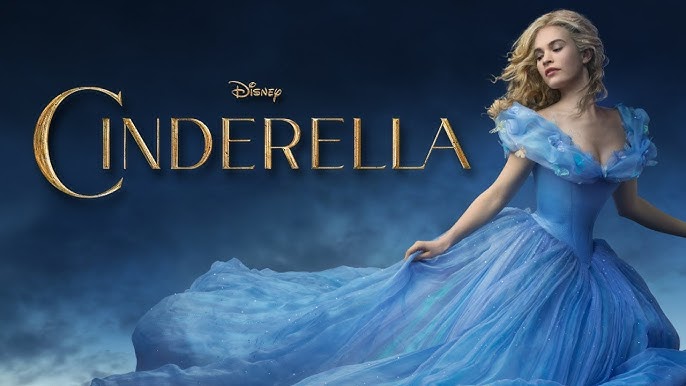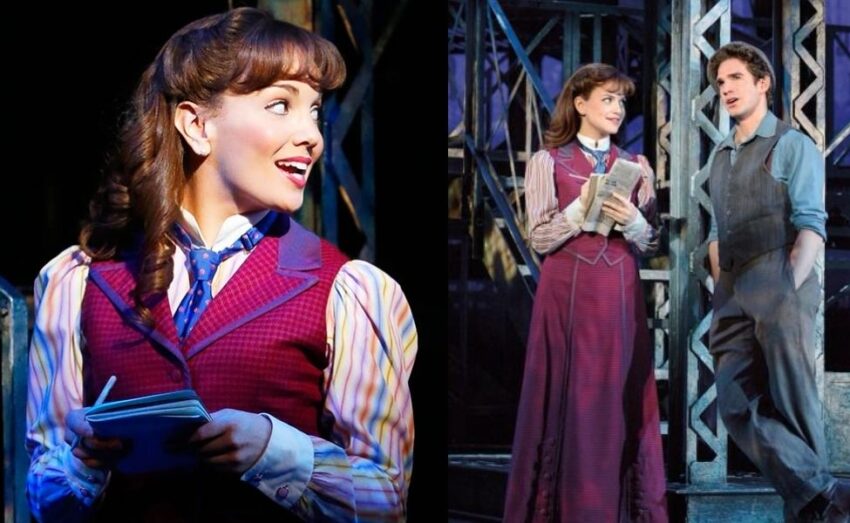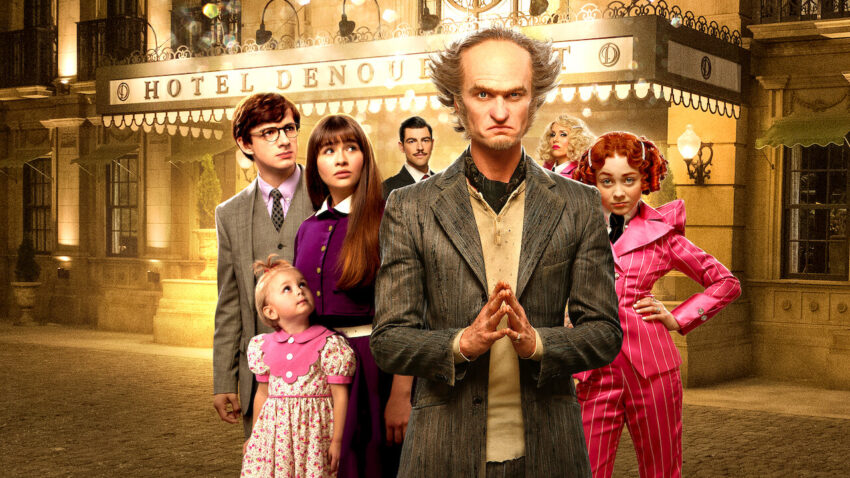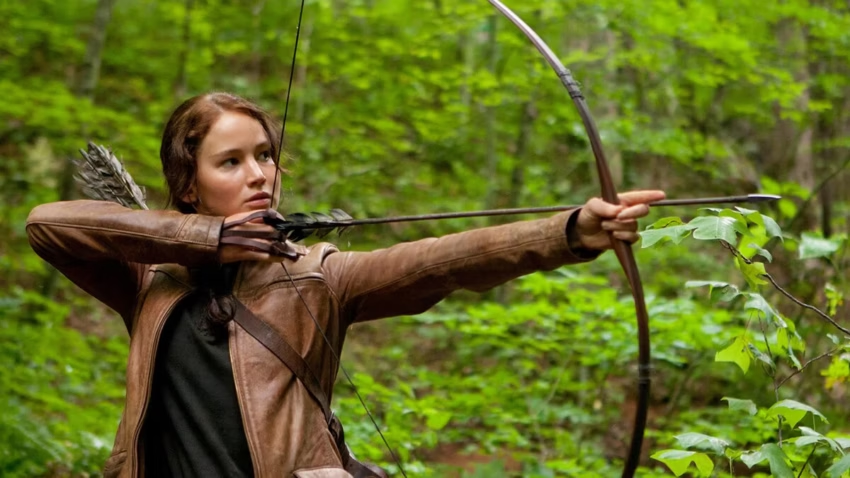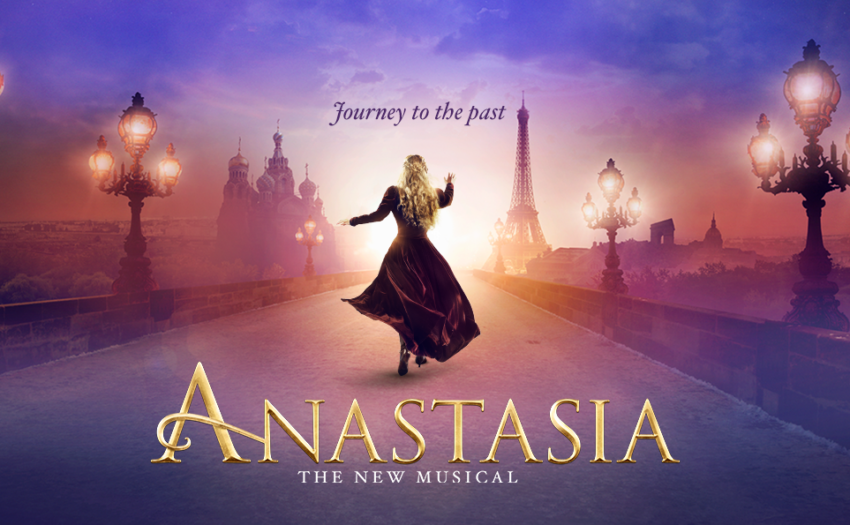In today’s stories, authors seem intent on including unique characters. Especially when writing relationships, story-tellers everywhere seem to be afraid of repeating even one simple character trait or core desire. Everyone has to be polar opposites from each other. And, it’s fairly easy to understand where this fear is coming from. As writers, we need…
Category: Articles
Dean From Iron Giant: How to Write a Minor Character
We’ve all encountered minor characters that don’t really have a purpose. It seems like the writer decided their protagonist needed a friend, so they wrote one in who gets plenty of lines, a few scenes, and one or two characteristics that quickly lose interest and depth. These characters feel like a cardboard cutout of an…
Baron von Zemo: How to Write a Manipulative Villain
Here on Story Fortress, Mara and Sophia talk a lot about how to write a good villain. After all, a well-done villain is a crucial part of any story. There are a couple key components to a well-done villain. He has to have a reason for acting the way he does. He can’t just be…
10 Things I Hate About You: Writing a Believable Character Arc
As a writer, the last thing you want is to have your character arc confuse your readers. Your character’s emotional journey is one of the most important parts of your stories, but writing them smoothly is easier said than done. It can seem easy to write the protagonist’s main flaw in the beginning of your…
The Emperor’s New Groove: Making Your Arrogant Characters Bearable
One of the very first articles Sophia and I posted on the blog was about how to write arrogant characters in such a way that your readers don’t want to close your book forever. There’s a way to do them right, so that your readers can understand their flaws, even if they don’t relate to…
Cinderella: Writing a “Flawless” Protagonist
It has often been pointed out that old fairy tales are not the most nuanced. The evil characters are just that — pure villainy. Our protagonist is the ideal of perfection. There are no antiheroes, broken protagonists, or even characters with any serious faults. While the conventional wisdom of modern storytelling is to allow your…
Kathrine Plumber from Newsies: Why Side Characters Matter
Side characters can seem like more trouble than they’re worth. After all, we’ve talked over and over again on the blog about how a well-rounded, truly relatable protagonist will draw in just about anyone. There’s something magnetic about characters with goals, desires, and fears that makes readers unable to put your book down. It’s those…
A Series of Unfortunate Events: When to Write Quirky Characters
Some characters are just plain weird. They’re either constantly making stupid remarks, wearing the craziest clothes, or just being quirky for no apparent reason other than the writer wanted to force a laugh out of their readers. Sometimes these characters, such as Dewey from DuckTales or Luna Lovegood from Harry Potter, can become some of…
The Hunger Games: Why The Love Triangle Worked
In the beginning of the month, I wrote an article on what not to do when writing a love triangle. I went through many of the common pitfalls and difficulties that come up when writers include a love triangle in their story carelessly. But it’s completely possible to avoid those traps and write a love…
Anastasia the Musical: Using A Love Triangle To Elevate Your Story
Like we talked about last week, love triangles can easily ruin a novel. However, despite everything young adult stories such as Twlight or The Inheritance Games might have led you to believe, love triangles don’t always have to be that way. Some love triangles can move a plot forward, give each character a chance to…

